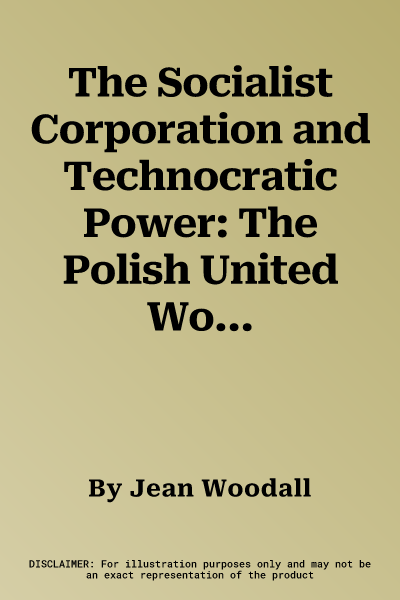Jean Woodall
(Author)The Socialist Corporation and Technocratic Power: The Polish United Workers' Party, Industrial Organisation and Workforce Control 1958-80Hardcover, 30 December 1982

Temporarily out of stock
Free Delivery
Cash on Delivery
15 Days
Free Returns
Secure Checkout

Part of Series
Cambridge Russian, Soviet and Post-Soviet Studies
Part of Series
Soviet and East European Studies (Hardcover)
Part of Series
Econometric Society Monographs in Pure Theory
Print Length
294 pages
Language
English
Publisher
Cambridge University Press
Date Published
30 Dec 1982
ISBN-10
052124269X
ISBN-13
9780521242691
Description
Product Details
Author:
Book Format:
Hardcover
Date Published:
30 December 1982
ISBN-10:
052124269X
ISBN-13:
9780521242691
Language:
English
Location:
New York
Pages:
294
Publisher: